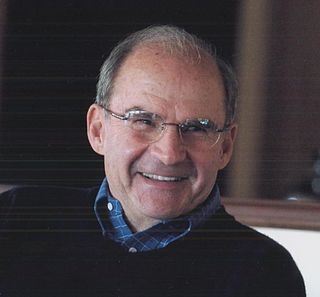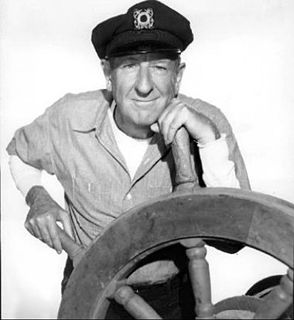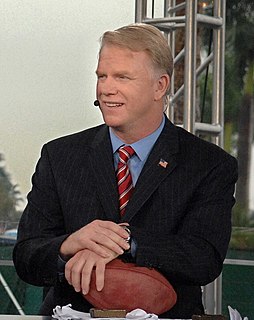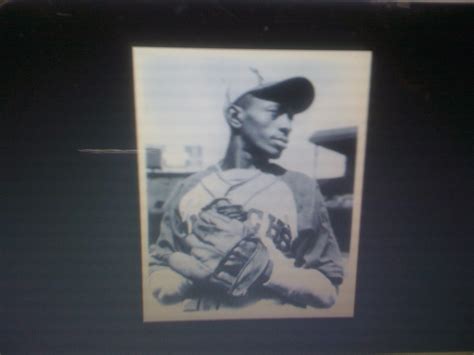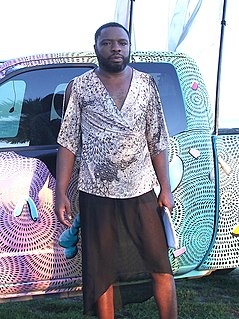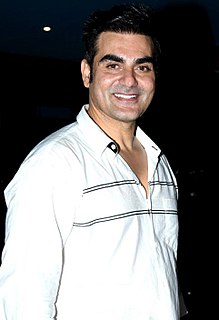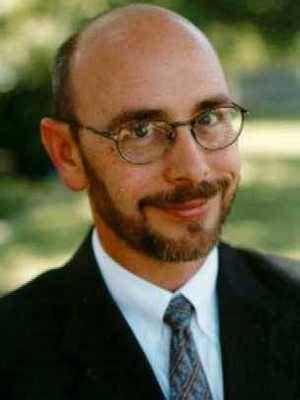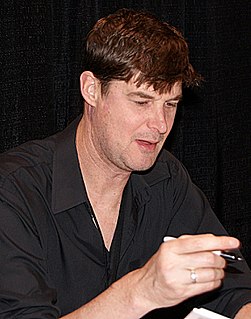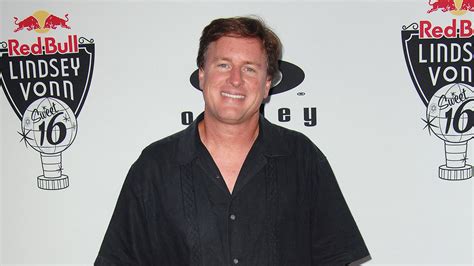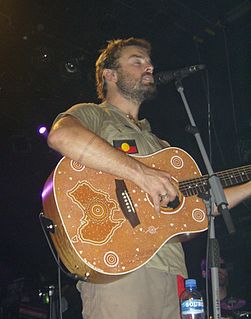Top 1200 Surfing The Web Quotes & Sayings - Page 3
Explore popular Surfing The Web quotes.
Last updated on April 15, 2025.
What defines Web 2.0 is the fact that the material on it is generated by the users (consumers) rather than the producers of the system. Thus, those who operate on Web 2.0 can be called prosumers because they simultaneously produce what they consume such as the interaction on Facebook and the entries on Wikipedia.
I think our primary function is to create the strongest, deepest, most interesting news report there is in the world.And whether it's on the front page of the newspaper or leading the home page doesn't really matter. We reach a huge audience on the Web. And really, you know, the journalists, whether they are reporters or editors or Web producers or multimedia specialists, we're all creating, you know, the journalism that is the bedrock of our news report. And that's true for the newspaper, the Web, our apps, and you name it.
When I'm playing music I'm usually not thinking of surfing, just because I'm usually thinking about the chords and the lyrics, and sometimes that messes me up 'cause you'll start thinking, "Wait, how am I doing this?" But when I'm surfing, I'm usually thinking about music - whether it's an idea for a new song, or just singing a song in my head.
I love the ocean, and I love surfing. It's something so special and unique, and surfing is unlike any other sport. Skateboarding is amazing, you get the adrenaline rush, but you don't get the feel of the ocean, of doing its own thing. Totally surrounding you. Definitely a unique thing, it's a blessing, and a huge part of my healing process I would say.
There is nothing in the world like the rush of going down a mountain and harnessing all that energy and all that gravity and using it for your own pleasure. There's just nothing like skiing. It's very similar to surfing. I don't surf, but it's very similar to surfing. There's just nothing like it. It's amazing. You have to try it.
Surf culture and surfing for me are two completely different things. Surf culture has become very - it's a very commercial, competitive thing, fashionable. With all due respect to the 'Surfer Dude' movie, I think the 'Surfer Dude' movie reflects that, reflects what surfing's become, but I come from a place where the surf industry began.
Downloading and Web 2.0 have famously led to new ways of accessing culture. But these have tended to be parasitic on old media. The law of Web 2.0 is that everything comes back, whether it be adverts, public information films or long-forgotten TV serials: history happens first as tragedy, then as YouTube.


